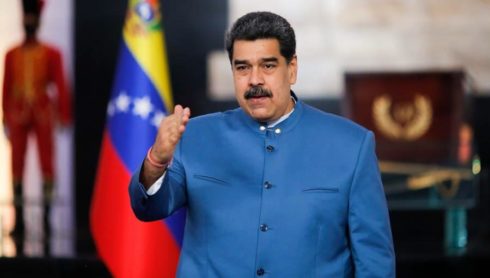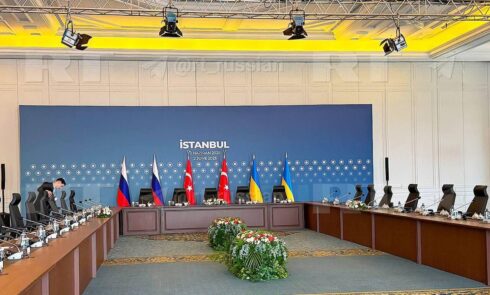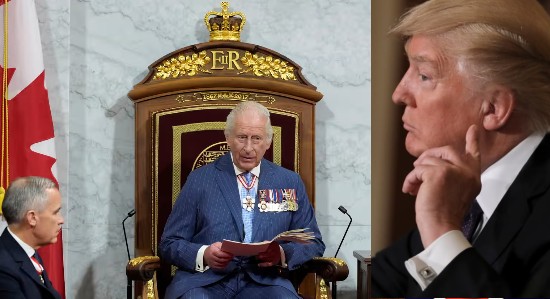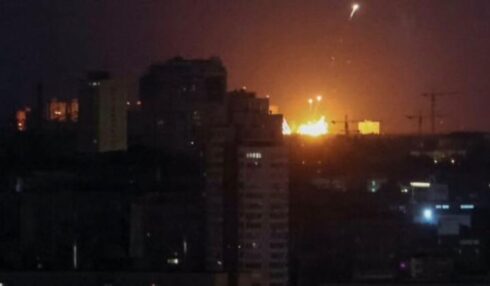Venezuela’s presidential election has commenced, marking a critical juncture in the country’s political landscape. Incumbent President Nicolas Maduro faces his most formidable electoral challenge since assuming power 11 years ago, as nearly 21 million registered voters prepare to cast their ballots. The election unfolds against a backdrop of prolonged economic turmoil that has driven approximately seven million Venezuelans to emigrate.
The timing of the election is symbolic, coinciding with what would have been the 70th birthday of former President Hugo Chavez, the charismatic leftist leader who passed away in 2013. Maduro, who succeeded Chavez, is now seeking a third term in office. This election represents a potential turning point, as a reinvigorated opposition aims to end the 25-year rule of the United Socialist Party and address the nation’s ongoing economic crisis.
Opposition Unity and Electoral Challenges
For the first time in years, Venezuela’s opposition has managed to rally behind a single candidate, presenting a united front against Maduro’s regime. The 74-year-old Edmundo Gonzalez Urrutia emerged as the opposition bloc’s standard-bearer after Maria Corina Machado, the main opposition leader, was barred from holding public office. This display of unity marks a significant shift from previous elections, where internal divisions and boycotts hampered the opposition’s efforts to challenge the governing party.
However, concerns about the fairness of the electoral process loom large. Opposition figures and international observers have raised questions about the integrity of the vote, citing decisions by electoral authorities and the arrests of opposition staff as potential obstacles. These concerns stand in stark contrast to Maduro’s assertions that Venezuela boasts the world’s most transparent electoral system. The president has even issued a stark warning, suggesting the possibility of a “bloodbath” should he lose the election.
Economic Crisis and International Scrutiny
The election takes place against the backdrop of Venezuela’s severe economic collapse, which has had far-reaching consequences for the nation. Under Maduro’s leadership, the country has witnessed a mass exodus of its population and a significant deterioration in diplomatic relations. The economic downturn has been exacerbated by sanctions imposed by the United States, European Union, and other international actors, which have further crippled Venezuela’s already struggling oil industry.
Maduro’s campaign promises focus on guaranteeing peace and fostering economic growth, with an emphasis on reducing Venezuela’s dependence on oil revenues. However, these pledges are met with skepticism by many, given the country’s recent history. The international community watches closely, with particular attention from the United States, which, along with others, considers Maduro’s 2018 re-election fraudulent. The outcome of this election could have significant implications for Venezuela’s future, potentially reshaping its economic trajectory and international standing in the years to come.
Voters’ Desperation and Desire for Change in Venezuela
The economic devastation in Venezuela has left many voters desperate for change. In Caracas, commercial activity has increased post-pandemic, but this has not translated into improved living conditions for most citizens. The average monthly income remains under $200, far below the estimated $385 needed for a basic family food basket. This economic disparity has driven many to seek second and third jobs or consider emigration if Maduro wins another term.
Judith Cantilla, a voter in the working-class neighborhood of Petare, expressed her hope for a better future, emphasizing the need for jobs, security, and adequate healthcare. Similarly, Liana Ibarra, a manicurist, lined up at 3 a.m. to vote, reflecting a renewed determination among Venezuelans to participate in the election. Many, like Ibarra, are contemplating emigration if the opposition does not succeed, highlighting the profound impact of the election on the nation’s future.
As the election unfolds, the contrasting campaigns of Maduro and González illustrate the polarized sentiments of the electorate. Maduro’s rallies have been characterized by festive dancing and strong rhetoric against his opponents, while González’s events have inspired chants of “Freedom!” and emotional appeals for national reconciliation. The outcome of this election will not only shape Venezuela’s political landscape but also influence the broader geopolitical dynamics in the Americas














